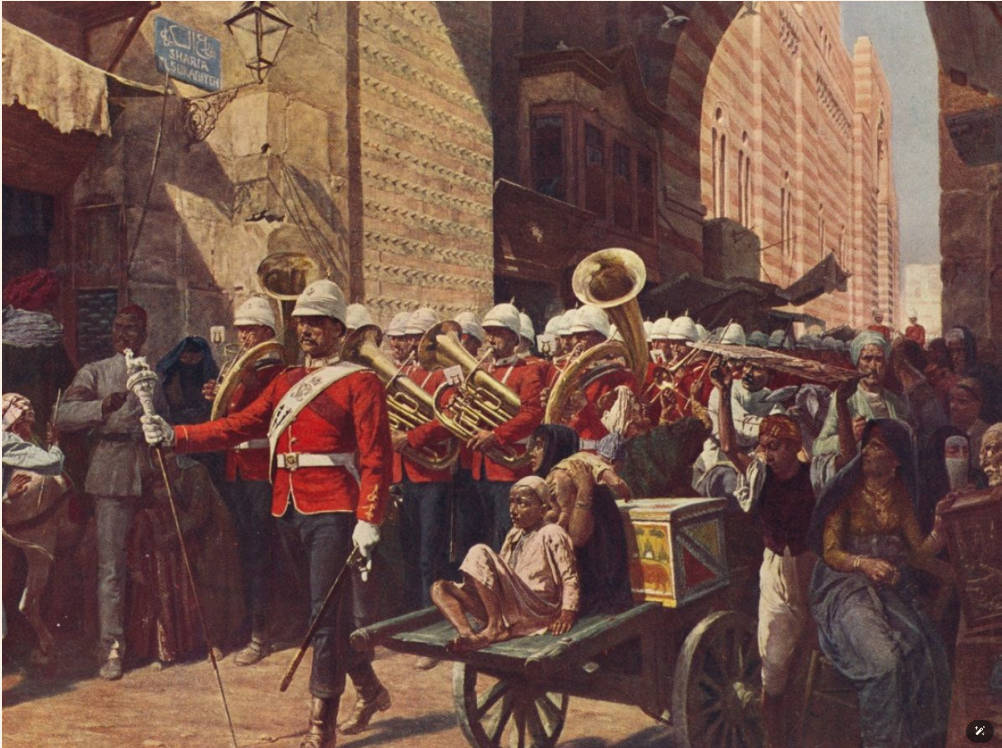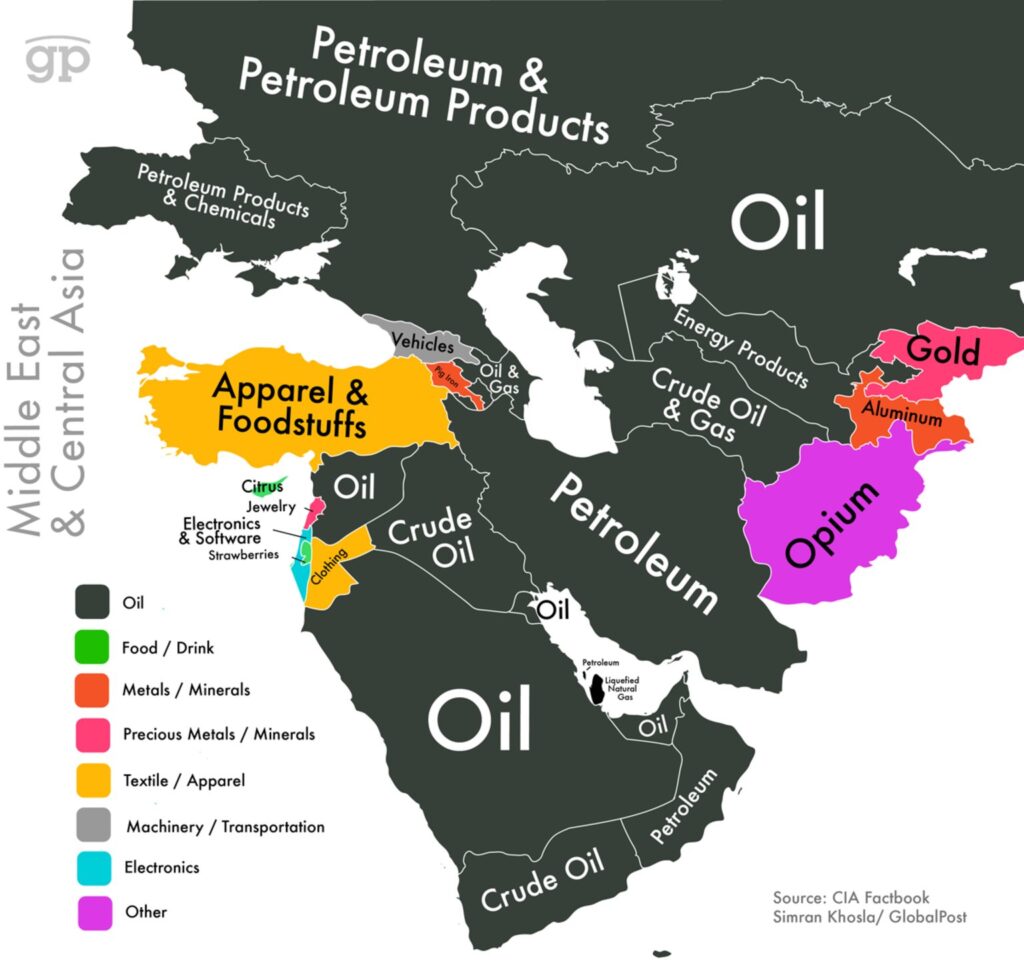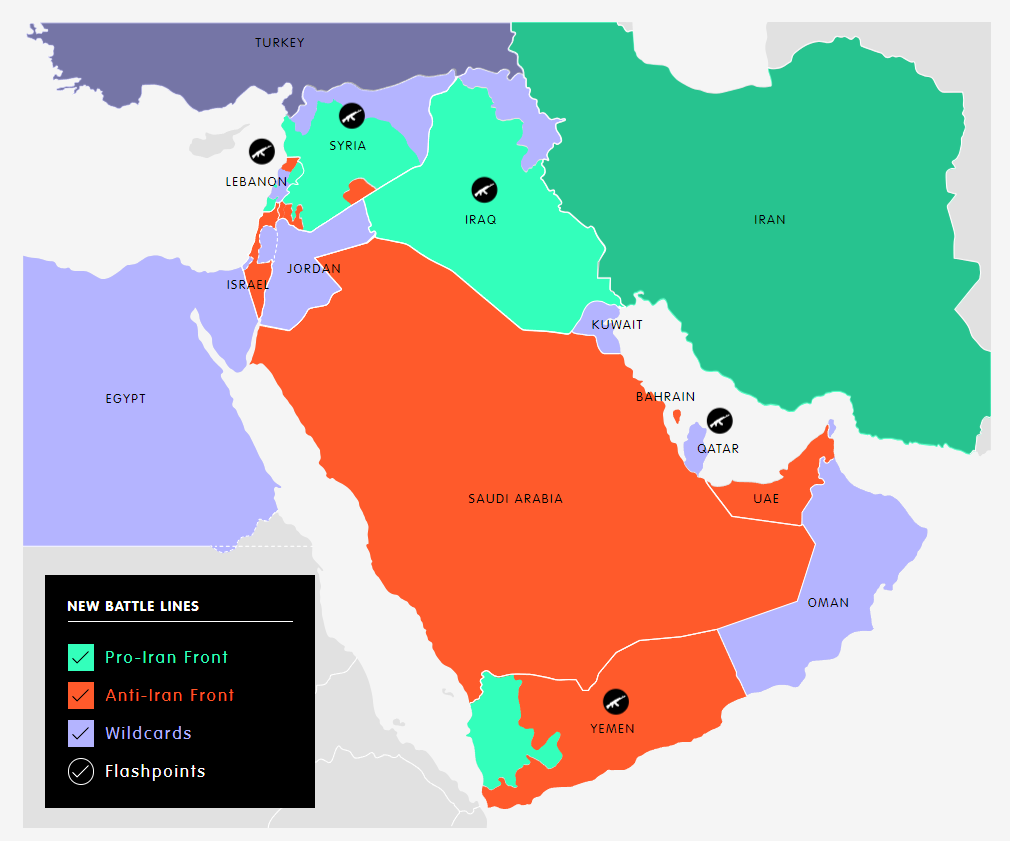Introduction
The Middle East has always captured the world’s interest due to its rich history and diverse population. The Middle East is a geopolitical kaleidoscope that spans several continents and is home to a wide variety of peoples, languages, and faiths. Colonial legacies, resource richness, regional rivalries, and modern-day wars are just a few of the many elements that have molded the geopolitical landscape of the area.
The Historical Context
The geopolitics of the Middle East may be better understood by delving into its complex historical fabric. The cultural legacy and geopolitical dynamics of the area were influenced by ancient civilizations including Mesopotamia, Egypt, and Persia. The political environment of the area was further shaped by the rise and fall of empires, such as the Byzantines and the Ottomans, which left a legacy of ethnic divides and territorial conflicts.

Colonialism and its Aftermath
Colonialism, which began in the Middle East in the late 19th and early 20th centuries, altered the region’s political landscape. Because of their imperial aspirations and economic interests, European countries redrawn the boundaries of the Middle East, creating areas of influence that would eventually lead to war. As a result of colonialism’s lingering effects, regional conflicts and rivalries persist to this day.

Resource Wealth and Strategic Importance
Middle Eastern countries have become a focal point of global energy politics as a result of their large supplies of oil and natural gas. Major states are competing for influence in the area, and the control of these lucrative resources has played a role in shaping geopolitical alliances and conflicts. It is impossible to emphasize the geopolitical significance of the Middle East, which operates as an essential transit route for oil and gas supplies to the rest of the globe, spanning from the Persian Gulf to the Strait of Hormuz.

Regional Rivalries and Conflicts in the Region
The region known as the Middle East has a long history of battles, revolutions, and insurgencies, so it is not unfamiliar with this kind of strife. Throughout the decades, the area has been plagued by violence and instability, ranging from the struggle between Israel and the Arabs to the war between Iran and Iraq. The geopolitical rivalries that exist between regional countries like Iran, Saudi Arabia, and Turkey further intensify tensions. This is because conflicting interests come into conflict with one another, and geopolitical fault lines become more pronounced.

The Function of Actors from the Outside
It is important to note that the geopolitics of the Middle East are significantly influenced by a number of external powers, notably the United States of America, Russia, and China. Relationships between superpowers, geopolitical calculations, and strategic objectives often overlap in the area, which has the effect of altering the dynamics of the region and intensifying tensions that already exist. In the geopolitical arena of the Middle East, foreign players exert a significant amount of influence, which can be seen in the form of military operations as well as diplomatic maneuvers.
Final Thoughts
Since, the intricate interaction of historical, economic, and strategic considerations, the geopolitics of the Middle East is a complicated puzzle that is molded by a variety of different causes. The geopolitical landscape of the area is marked by conflicting interests, rivalries, and alliances. These characteristics may be traced back to ancient civilizations and continue into modern-day conflicts. Despite the fact that the globe is still struggling to come to terms with the complexity of the Middle East, it is nevertheless vital to have a solid grasp of its geopolitics in order to successfully navigate the complex web of power relations that characterizes the area.

